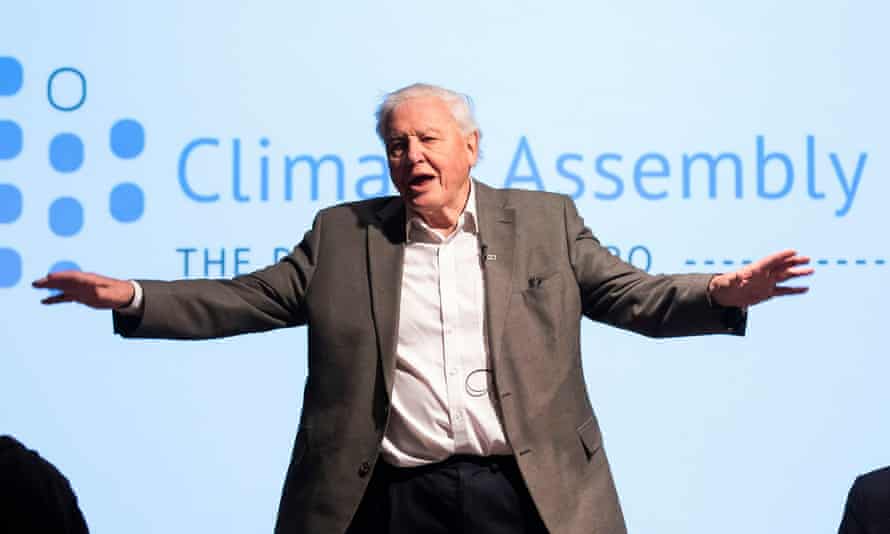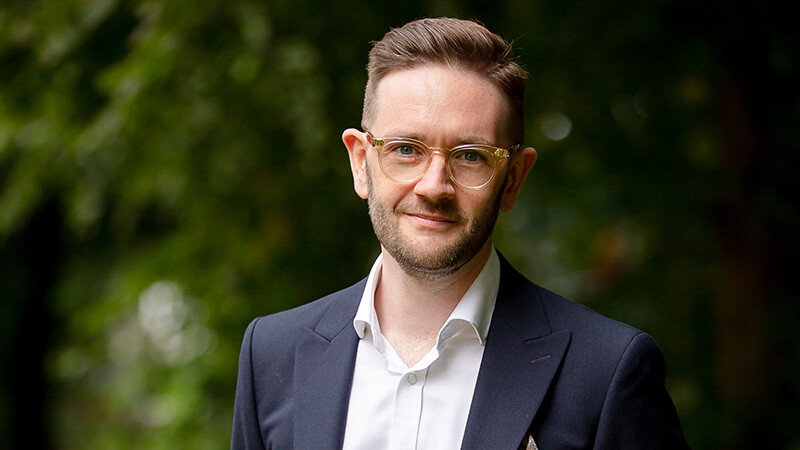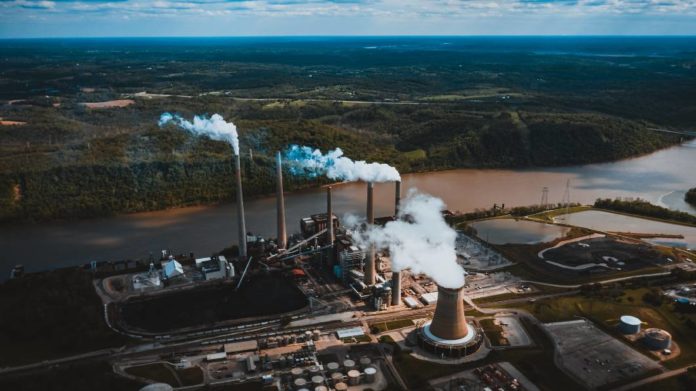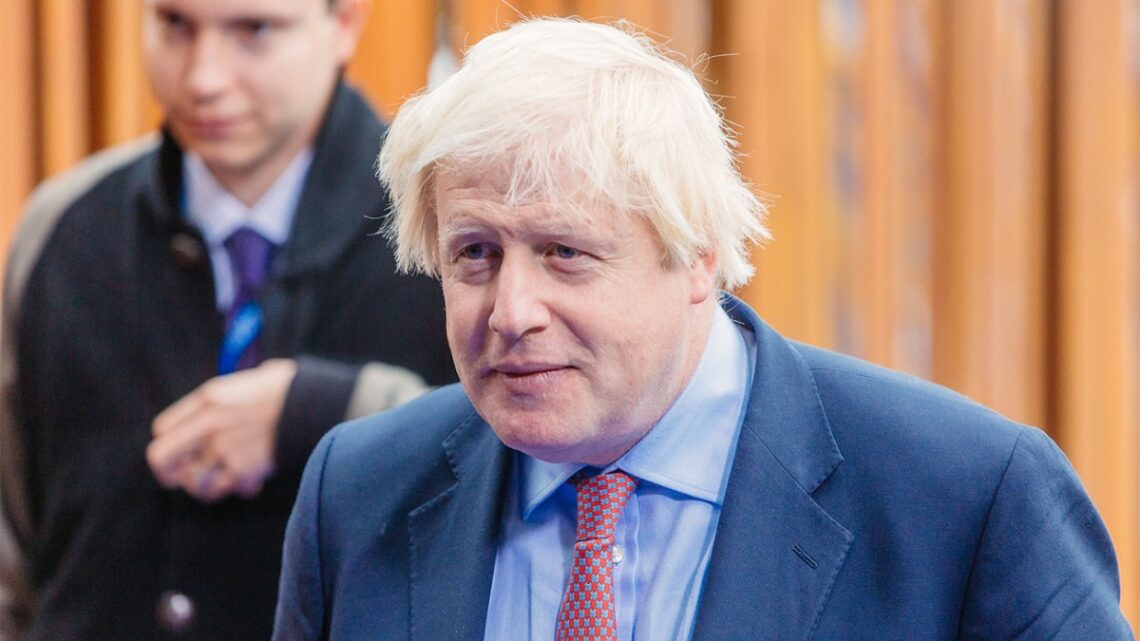The Climate Change Committee (CCC) advised the UK government to urge the public to reduce their consumption of meat as it is one of the sources of major climate heating, says BBC news. Ministers however are fearing a backlash if they ask to cut down on steak.
The CCC asserts people should be asked to eat 20% less meat and dairy produce by 2030, and 35% less by 2050. However, the government is failing to hold up to it.

The CCC also emphasizes that PM Boris Johnson should devise policies to encourage healthier diets and set clear targets.
The Net-zero strategy is due in autumn which would measure and limit carbon cuts in the economy. Net-zero refers to the efforts to cut down the emissions of greenhouse gases as much as possible and then balancing out any remaining releases by absorbing an equivalent amount from the atmosphere by acts like planting trees.
However, the committee emphasizes that the public has not been encouraged enough to engage in climate protection activities.

Some other significant concerns along with curbing meat and dairy according to CCC are:
- Sales of new gas boilers should be stopped by 2033. People will mostly convert to heat pumps instead. This will involve disruption.
- Frequent fliers need to be restricted and be brought down to a limit. Even if low-carbon flights are developed, the demand for the aviation industry cannot stay unmonitored.
- Decisions on the changes in environmental policy to be taken after suggestions by people or groups like the UK climate assembly.

The report states that currently, the government does not have the requisite amount of policies and networks to tackle these issues.
The committee chairman Lord Deben said the prime minister’s commitments on the international stage to cut emissions 78% by 2035 are “remarkable decisions”. Moreover, he added that the aim of achieving zero emissions by 2050 would also inspire other nations.
The concern, according to Deben is that the things that should have started have either been delayed or might not be good enough. These steps are of primary importance and should be taken rapidly.

The CCC’s chief executive Chris Stark said he was “very concerned by the gulf between promises and actions”. His report emphasizes the need to protect the poor from the cost of climate policies.
He further adds, “the net-zero strategy must be underpinned by an approach that distributes the costs, savings, and wider benefits of decarbonization fairly. It must encourage action across society while protecting vulnerable people and companies at risk of adverse impacts.”

A government spokesman said: “Any suggestion we have been slow to deliver climate action is widely off the mark. Over the past three decades, we have driven down emissions by 44% – the fastest reduction of any G7 country.
We have set some of the most ambitious targets in the world for the future. In recent months, we’ve made clear with record investment in wind power, a new UK Emissions Trading Scheme, £5.2bn investment in flood and sea defenses, clear plans to decarbonize heavy industry and North Sea oil, and businesses pledging to become net-zero by 2050 or earlier.
Our strategies this year will set out more of the very policies the Climate Change Committee is calling for as we redouble our efforts to end the UK’s contribution to climate change.”

However, environmental group, ‘Friends of the Earth’ said: “The committee’s criticisms are spot on. Without a detailed strategy for combating the climate crisis, the government’s promises to decarbonize the economy are simply more hot air.
With no climate action plan and his government’s support for more roads, runways, and an overseas gas project, Boris Johnson risks being a laughing stock at the UN climate summit [which the UK is hosting].”












